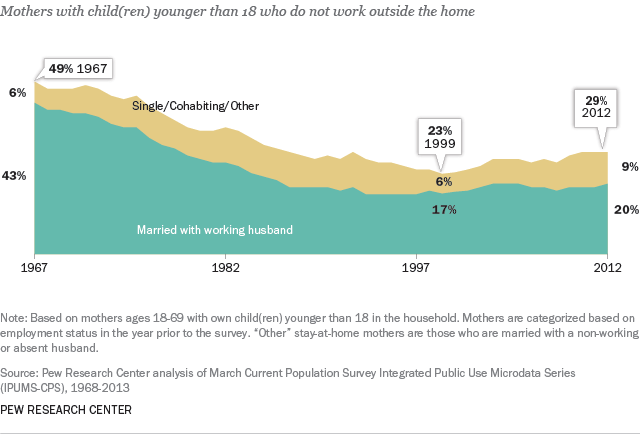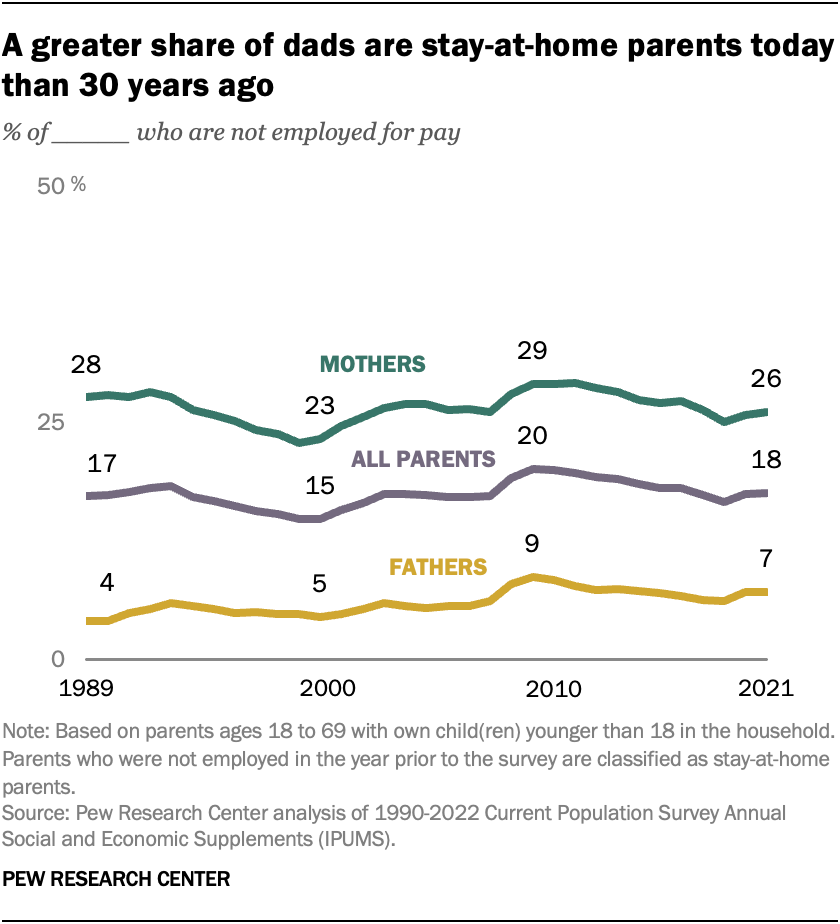“Flexing” is a slang term that means showing off or boasting about one’s accomplishments, possessions, or skills, often with the intention of impressing others. For example, someone might “flex” on social media by posting pictures of their new Porsche or sharing stories about their achievements.
Personally, I’m not a fan of flexing—what’s the point? It often invites disdain from others. Instead, I prefer practicing stealth wealth and playing dumb, which helps minimize unwanted attention both online and offline. After a certain point, it’s better to blend into the crowd than stand out.
But as a man, I understand the desire to boast about our accomplishments because it’s a competitive world. I’ve got to share some credentials on Financial Samurai, otherwise, who’s going to bother taking me seriously?
Further, If nobody knows what you’ve achieved, life for you and your children may be much more difficult. In many ways, achieving a certain level of status is necessary for survival.
Some of you might think the following are the biggest flexes by men:
- Driving a rare and expensive car you can actually get in and out of without your knees giving out.
- Living in a mansion in an exclusive neighborhood surrounded by people who look and think like you.
- Showing off six-pack abs like Luigi Mangione in your profile picture.
- Having an extremely attractive spouse who makes you feel both proud and slightly insecure.
- Flying first class or private while lecturing others about their carbon footprint.
- Working from home in your pajamas and taking meetings from the pickleball court.
- Running a sub-6-minute mile without needing a defibrillator afterward.
- Winning an award for being awesome, handed out by the same circle of people who always give each other awards.
- Speaking on national TV so often you can’t even eat a meal in public in peace.
- Becoming a national bestselling author while struggling to care for your family.
- Having a full head of hair with no gray strands at 50, defying the passage of time.
- Earning a PhD from an Ivy League school just to make sure everyone calls you “Doctor.”
These things are nice to have, especially the six-pack abs when you’re middle-aged. However, contrary to what I’m seeing on social media, these aren’t the biggest flexes.
Being FIRE (financially independent, retired early) became a flex—it’s hard to beat the appeal of no meetings and no boss. Time is more valuable than money, right?
However, the biggest and latest flex I’ve noticed is having a wife who doesn’t need to work. To fully provide for your woman now seems like man’s greatest achievement according to social media. After all, if you truly love your wife, you would give her the gift of freedom.
Check out one example from TikTok.
It’s funny because, since 2010, I’ve been thinking the opposite: having a wife who fully provides for the man, while the man gets to twiddle his thumbs at home is the greatest flex!
Vote in my poll now or at the end to determine which is the bigger flex.
![]() Loading …
Loading …
See past posts on this subject:
How To Convince Your Spouse To Work Longer So You Can Retire Earlier
My Secret To Retiring Early With $4 Million And Two Kids In An Expensive City
The Secret To Early Retirement Is So Simple And Logical (2010 publication!)
Why the Biggest Flex Is Having a Working Wife Take Care of You
Reflecting on my past posts, it’s clear that I’ve often considered flipping traditional gender roles and imagining a world where more women are the primary breadwinners. This idea initially took root around 2010 when I was burned out from work and eager to retire early. I yearned for relief from the relentless pressure of earning money.
However, the strongest catalyst for envisioning women as providers has been the profound influence of the successful women in my life.
Surrounded by Powerful Women
At Credit Suisse, my immediate Managing Director was Kathryn. She was nothing short of inspiring—promoted to MD in her mid-30s while raising three children. Kathryn’s ability to balance demanding clients and a thriving home life, all while remaining approachable, left a lasting impression. We still exchange holiday cards to this day.
Before Credit Suisse, I worked alongside Michele, a Managing Director on the Latin America desk at Goldman Sachs. She once reviewed and approved my request to trade options. Michele thrived at work for 32 years, becoming a Partner. To even get a job at Goldman, I had to pass the gatekeeper, Kim Purkiss, their lead recruiter who decided if I’d make it to Super Day interviews.
Even before Wall Street, my aunt was a role model of achievement. With a BA from Brown University and a PhD in marine seismology from MIT, she now heads a scientific research department. She still travels the world, advancing her field and supporting her family.
And, of course, there’s my mother. She worked tirelessly in the U.S. State Department until she retired at 60, setting an example of dedication.
A Natural Conclusion
These women didn’t need men to provide for them. They could easily stand on their own and provide for their men. My wife kept working for three years after I retired before joining me in 2015 at age 35. She didn’t rely on me financially for anything. In fact, I got on her work health insurance plan after my COBRA ran out. We were deliberate in planning out our future together as a team.
Surrounded by such driven and accomplished women, it felt natural to think that the ultimate flex is not driving a flashy car but being supported by a working wife. After all, if these remarkable women could excel so brilliantly in their careers, why not reimagine what partnership and support could look like?
Being cared for by a successful woman while focusing on other pursuits—whether parenting, writing, sports hobbies, entrepreneurship or simply enjoying life—feels like a powerful paradigm shift. It’s not about shirking responsibility but rather embracing a modern partnership.

Flipping Traditional Gender Roles Is the Bigger Flex
The idea of a husband not letting his wife work isn’t exactly groundbreaking—it’s been the traditional gender dynamic in families for generations.
Historically, when couples have children and one parent stays home, it’s more common for the husband to hold a paying job while the wife takes on the unpaid role of managing the household. This isn’t a controversial statement; it’s simply the way things have been for decades. Besides, being a stay-at-home parent for the first 5 years of a child’s life is way harder than most knowledge jobs!
If you attend a school event and chat with other parents, you’ll notice that families with a working husband and a stay-at-home mom are much more prevalent than the reverse. Because this setup remains so common, it doesn’t really stand out as a “flex.”
A much bigger flex is breaking away from these traditional norms. Having the wife as the sole breadwinner while the husband takes on the primary caregiving and household duties is more rare. It challenges conventional expectations and signals a rethinking of traditional roles.
Interestingly, while there’s been a gradual increase in stay-at-home dads in recent years, the percentage of mothers who stay at home remains roughly the same as it was in 1989. Due to these diverging trends, dads now represent 18% of stay-at-home parents, up from 11% in 1989. This shows that societal norms around parenting roles are slowly evolving.

More Men in the FIRE Movement Have Working Wives
Since helping to kickstart the modern-day FIRE (Financial Independence, Retire Early) movement in 2009, I’ve noticed a growing trend: many men who claim to have achieved FIRE still have working wives. While some acknowledge their wives’ contributions, their roles often go unmentioned during podcast interviews or media features. Even more perplexing is why the host or journalist doesn’t ask about their wives’s significant contributions.
Why the omission?
If I had a working wife who earned an income and provided subsidized healthcare while I managed the household, I’d celebrate her! And if she were also a mother juggling career and parenthood, she’d deserve endless praise. Balancing a career with the demands of parenthood—especially during a child’s early years—is incredibly tough. Parental guilt often weighs heavily.
If you’re a stay-at-home husband or father, embrace it. You’ve won the lottery if your wife supports you financially. Don’t downplay her contributions—shine a spotlight on them! Acknowledge her efforts and achievements with pride.
Stay-at-Home Men Unite
Stay-at-home men, it’s time to challenge the stigma. There’s no need to downplay your role by claiming you’re “retired” when your wife’s paycheck is your passive income source. Own your position with pride.
By normalizing and embracing the role, you can inspire more men to pursue their desire to be household caretakers without feeling societal pressure. If women want to focus on their careers and financial independence, we should celebrate and support them.
It makes sense for women who aspire to long-term careers to support more men staying at home. Behind every working spouse is often an under-celebrated but vital partner managing the myriad tasks that come with raising a family.

Support Women’s Financial Independence
Women are outpacing men in college enrollment and advancing in leadership roles across industries, government, and society. For a higher Return On Effort, it makes sense for more women to work longer and earn more money than men.
Importantly, more women than ever are financially independent—a trend we should encourage. As the saying goes: “A man is not a financial plan.”
As a father to a daughter, I hope she chases her professional dreams with vigor while also finding a loving partner. If that partner happens to be a responsible man who chooses to stay at home and raise their children, fantastic. It’s a team effort.
However, the role of a stay-at-home dad comes with responsibilities. If a man fails to pull his weight around the house or be an engaged father, the arrangement won’t fly. In such cases, I’d have a candid conversation with him—man-to-man—and remind him to honor his Provider’s Clock.

Men At Home Need To Be Careful Not to Take Things Too Far
Unfortunately, unflattering examples perpetuate stereotypes, hindering broader acceptance of this role.
If your wife loses respect for you, your marriage may begin to unravel. Not earning money for the household is fine, but a man must remain useful and find meaning in his role.
The “Loser” Husband Stereotype
Take the example of a 41-year-old man worth $2 million in liquid assets, generating $125,000 in passive income annually. Despite this financial contribution, his wife called him a “loser” after he retired. This is the kind of story that damages the perception of stay-at-home husbands or boyfriends.

If he’s spending his days getting stoned and playing video games with friends, it’s no wonder his wife feels frustrated. Yet, consider his backstory: he spent 18–23 years working after high school or college to amass his/their wealth. He has every right to kick back and relax for a year or two after retiring early.
Still, staying idle indefinitely isn’t the answer. Instead, he could focus on meaningful pursuits, whether managing the household, volunteering, or working on a different hobby besides video games. Heck, he could even flex to his friends how his wife supports him—though the reality is that his financial contributions play a significant role in their household stability.
By reframing the narrative around stay-at-home men and rejecting the “loser” stereotype, we can create more acceptance and respect for men who choose this path. But men must also step up to demonstrate the value they bring to their families and relationships.
Let’s Normalize Stay-At-Home Men
Society often expects men to be breadwinners, excel professionally, contribute to chores, and sacrifice time with their children. These pressures lead to stress and burnout, leaving less room for fulfillment.
Many men would gladly embrace the role of stay-at-home dads, allowing their partners to focus on careers. Normalizing this choice dismantles outdated gender roles and creates healthier, more balanced households.
Let’s build a world where roles are based on individual strengths and preferences, free from societal judgment. Happier families and true gender equity start with embracing these shifts.
![]() Loading …
Loading …
Related post: How To Get Your Parents To Pay For Everything As An Adult Child
Readers, what do you think is the bigger flex for men: supporting their wives so they don’t have to work, or not having to work because their wives are the primary providers? If you believe there’s a stigma against stay-at-home men, how can we work together to eliminate it? Can you respect a stay-at-home man who isn’t productive and mainly just consumes?
Subscribe To Financial Samurai
Listen and subscribe to The Financial Samurai podcast on Apple or Spotify. I interview experts in their respective fields and discuss some of the most interesting topics on this site. Your shares, ratings, and reviews are appreciated.
To expedite your journey to financial freedom, join over 60,000 others and subscribe to the free Financial Samurai newsletter. Financial Samurai is among the largest independently-owned personal finance websites, established in 2009. Everything is written based on firsthand experience.


